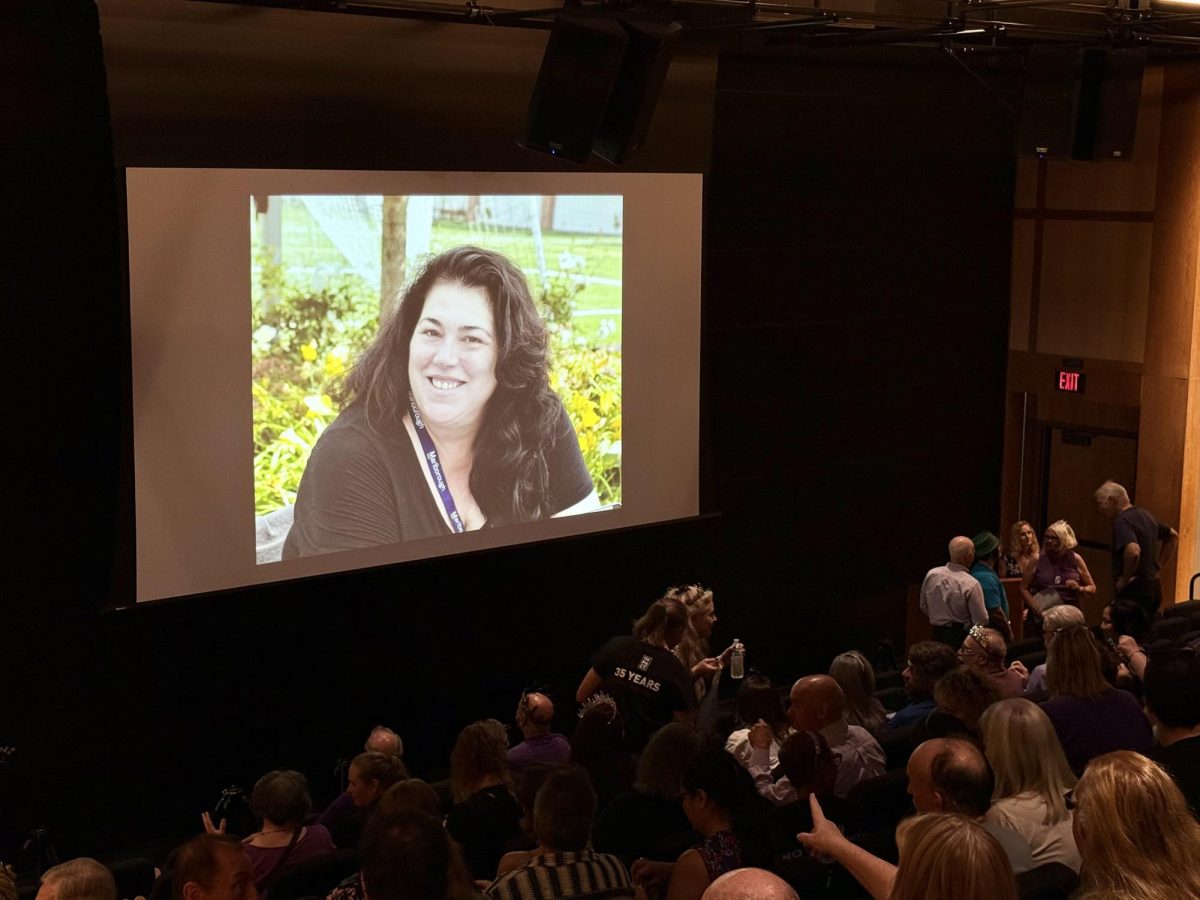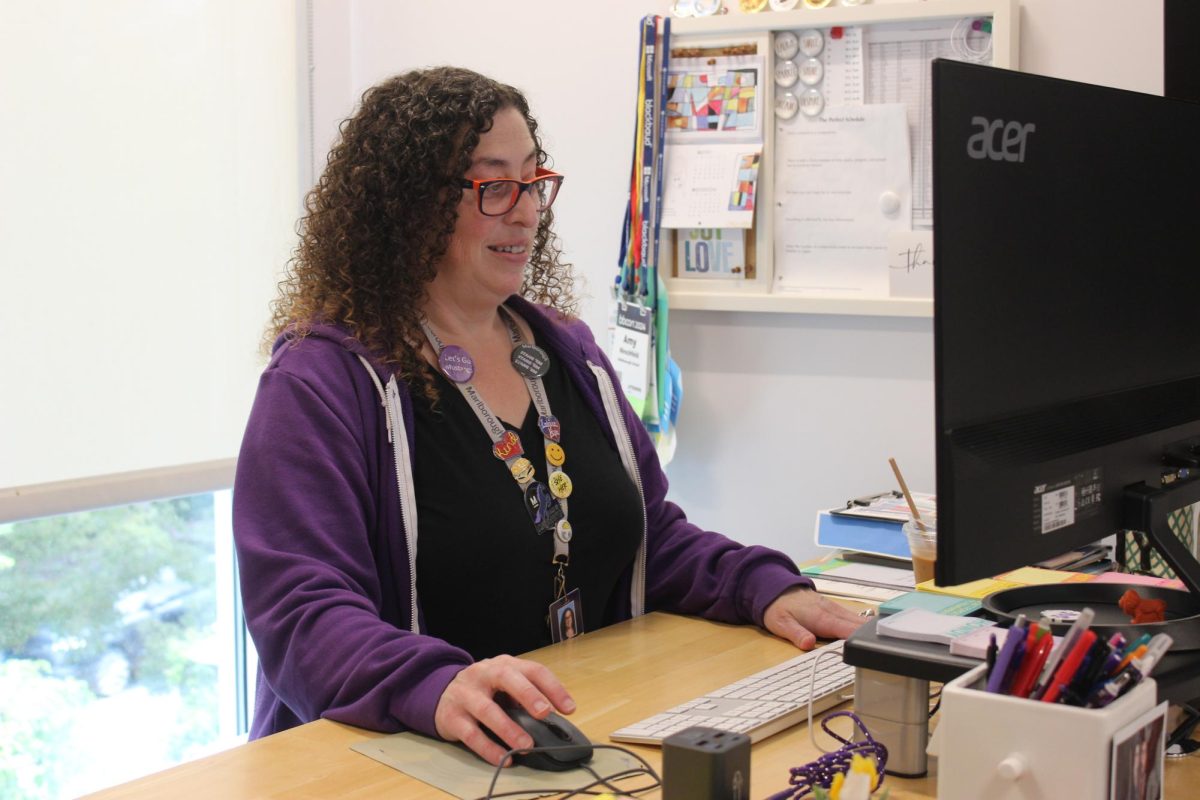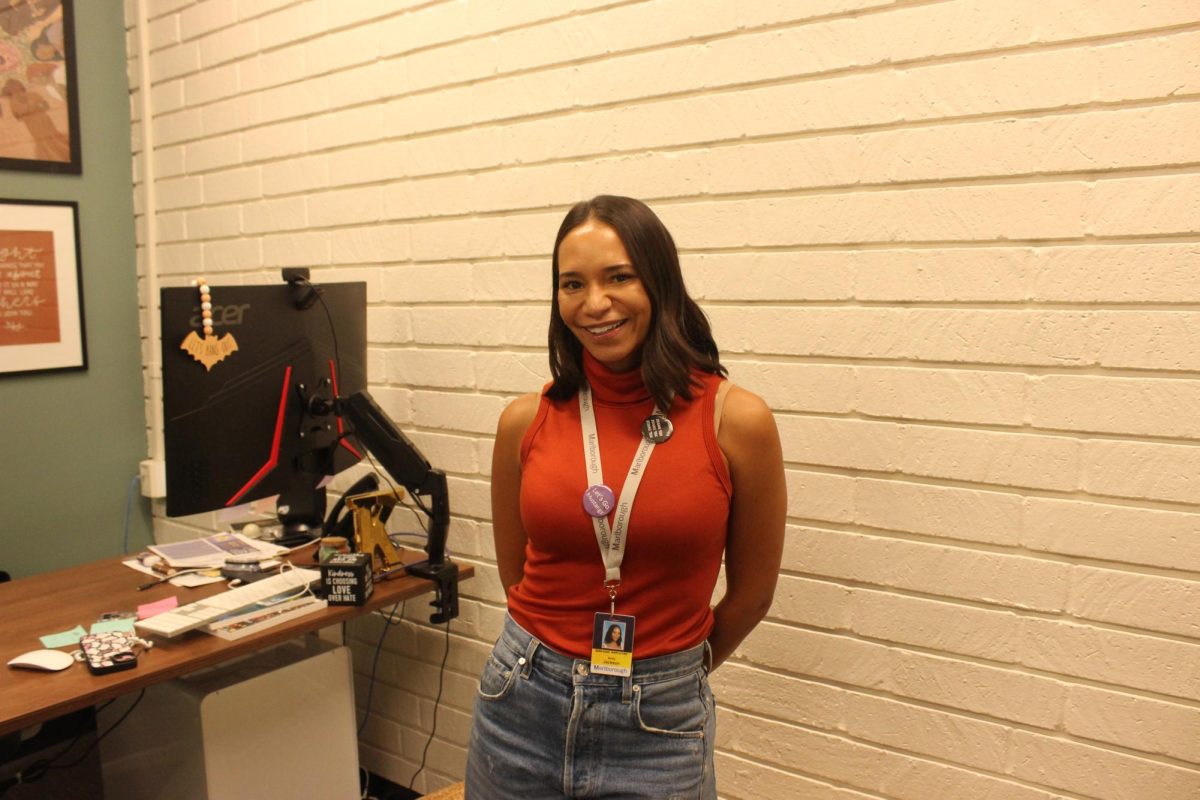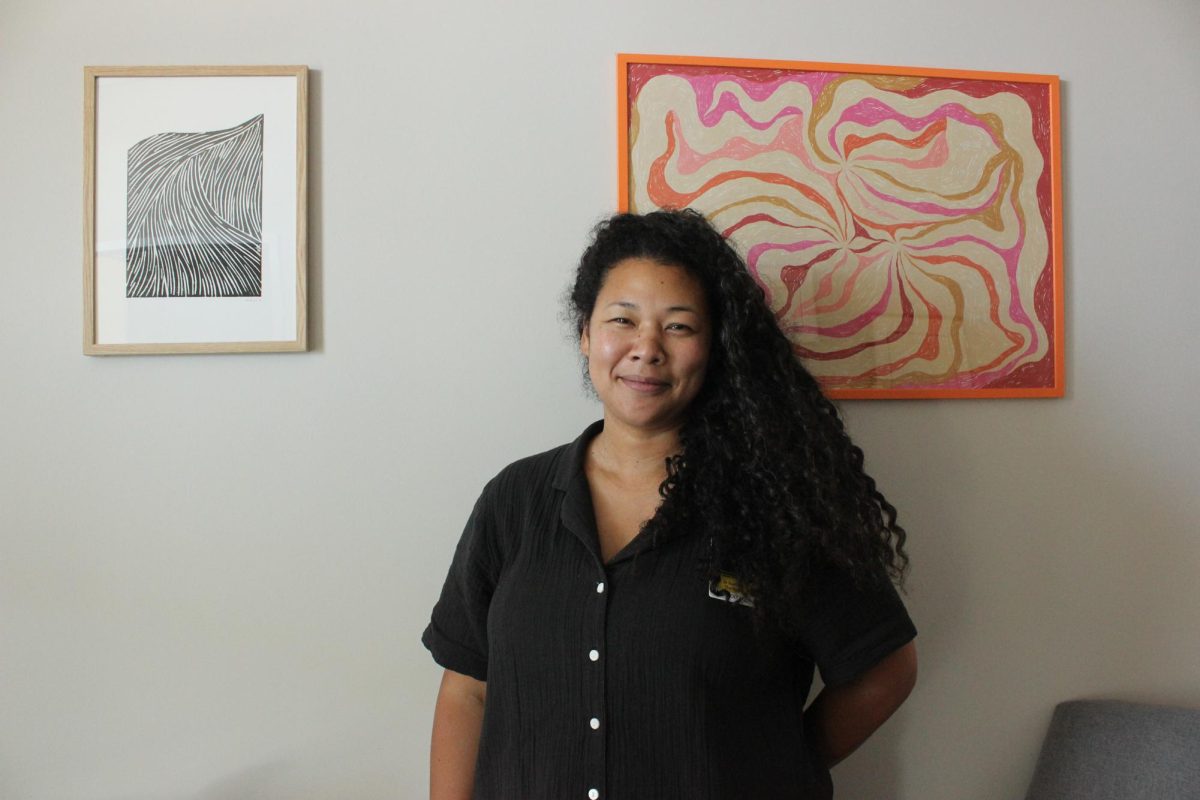
For many students throughout the country, the very thought of taking Advanced Placement (AP) exams induces a slight feeling of nausea. The first few weeks of May are filled with reviewing and late night cramming, as the 1.8 million preparing students spend their final hours attempting to recall every bit of information they have learned throughout the school year, knowing that anything could be on the test.
For the first time, however, students will be able to breath a sigh of relief. Beginning this month and lasting through 2015, the College Board will be changing the structure of the AP exams so they are less detail-driven and more analytical, testing a student’s problem-solving skills rather than her ability to memorize every page of class notes.
AP US History and AP Biology will be the first to undergo changes. Next month, the Board will release an official plan to fully revamp the tests, and the changes will be put into effect for students during the 2013-2014 school year. Because both classes are dense in specifics and nitpicky details, the College Board intends to revise the course in order to make it more flexible for students and teachers.
“I hope that the new exams will be better, because it seems as though they will be testing how much you actually know and not how much you can memorize,” Libby ’12 said.
After doing a nationwide survey of AP Biology teachers and college professors, the College Board found that the scope of these two courses has been too broad.
“The College Board is trying to move from less memorization of terms to more of an understanding and application of concepts,” science instructor Lisa Ellis said. “Test questions are new and different, and the College Board is coming out with new labs that test the application of students, so they can do more real science on their own.”
The amount of material required to teach the course will be cut down, and the Board will be providing a curricular framework that teachers will be able to follow. The Board will also identify chapters that teachers will be able to choose from rather than teach everything in order to cut down on the amount of material students have to learn and allow students to apply their knowledge in answering broader questions on the test.
Though the entire course has been reworked, one challenge for AP Biology students and teachers will be staying up to date on new developments in the field. “US history doesn’t change as frequently as biology, and public schools don’t update their textbooks every year,” history instructor Tom Millar said. “This puts some students at a disadvantage, and the College Board has to find a way to work around this.”
For the US History exam, it is more difficult to revise the test. Due to the density of the material, the sheer amount of factual information makes creating a more analytical test a challenge.
Millar said he is unsure of how exactly the College Board will remodel the exam.
“On paper, I like the proposed changes,” he said, “but it’s hard for test makers to come up with a kind of exam that has analytical [multiple choice] questions.”
As she is already pilot-testing new labs, Ellis has high expectations for the improved exams.
“I’m excited about it,” she said. “Nervous about it in a lot of ways, because it’s hard to change teaching styles. I want to feel prepared, but I know our girls can handle it.”






